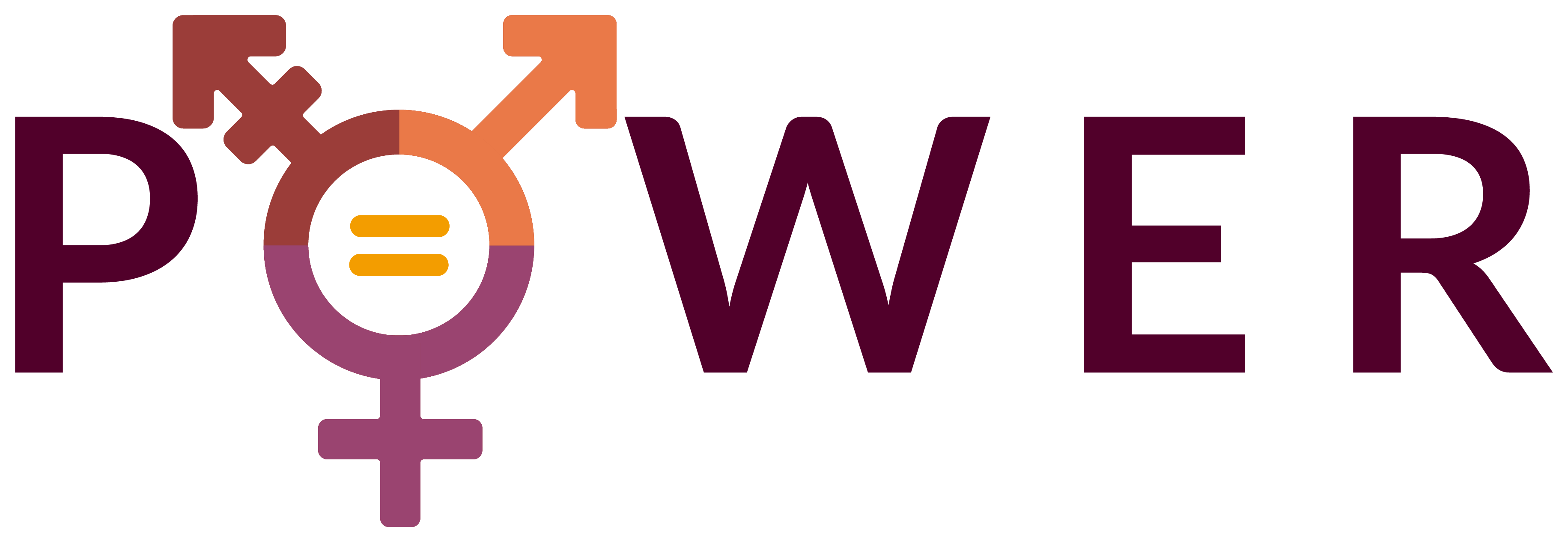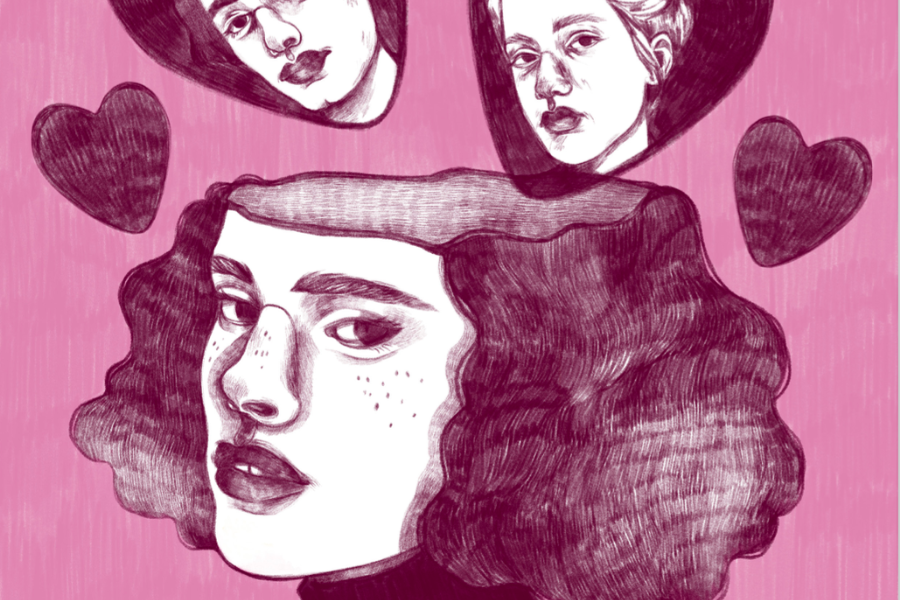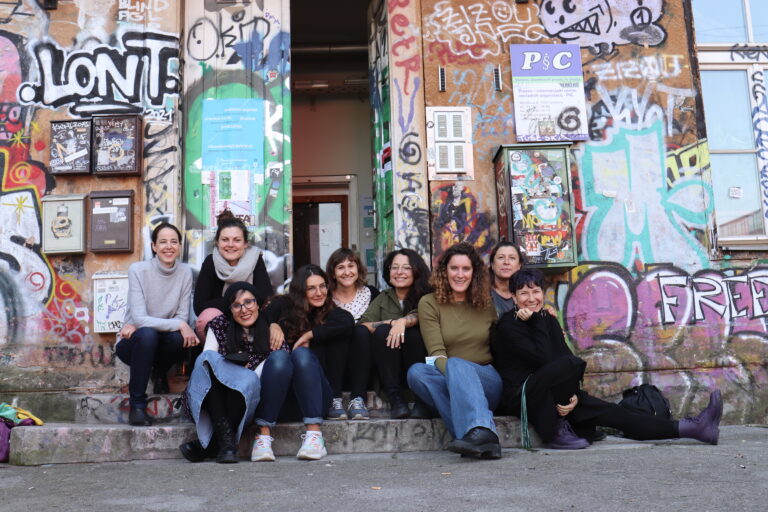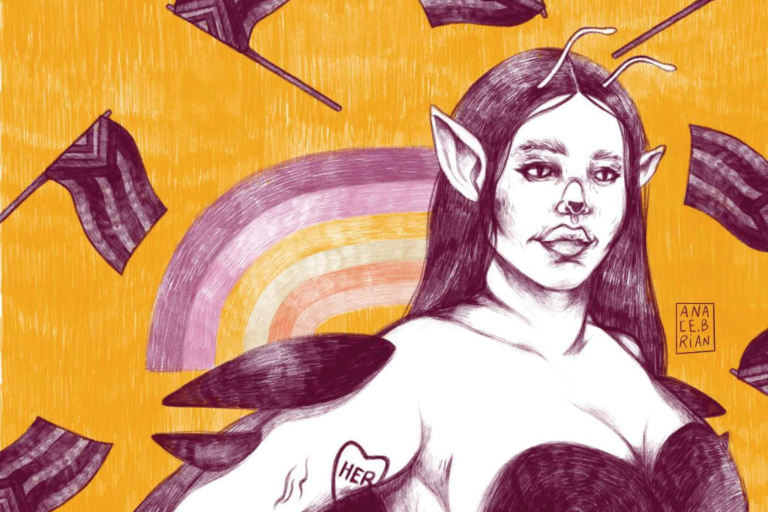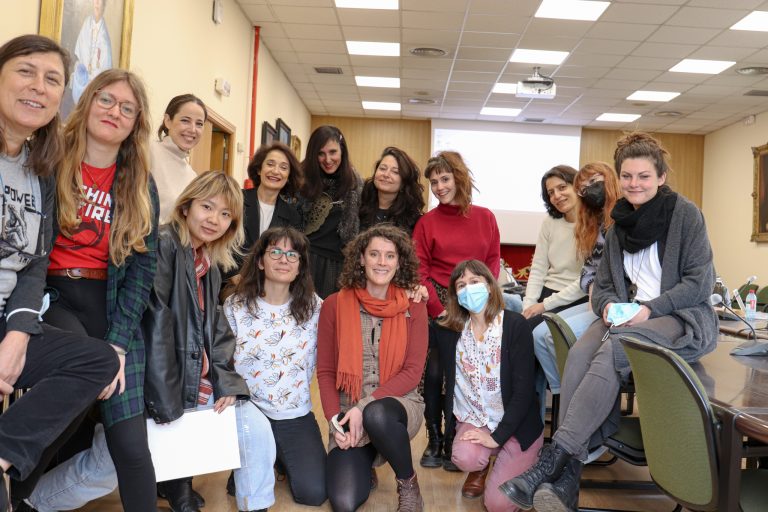The resources “Reflecting on gender inequality in the museum – Itineraries, activities and podcasts” are now available on our website, in all partners’ languages.
Each of the partners made a 6 hours workshop with young people using artworks inviting participants to discuss questions related to gender, power and empowerment. Each partner has created a museum itinerary for thematic tours around the main subject of the project. The participants of these workshops were asked to build and record audio podcasts, where they share personal testimonies around the subject of their itinerary, based on works of art and the exchanges they had with the other participants of their group during the museum visit. These recordings can be listened to at any time: either in the museums and in front of the artworks in question, or in the classroom or in front of the computer. At the same time, they are offered as an active methodology for questioning the interpretation of the past.
The itineraries developed are:
- Presentism and Uchrony – UCM/EARTDI – National Archaeological Museum, Madrid, Spain
- Public Space and Gender Roles – DADAU – Musée du Louvre, Paris, France
- Female versus Male Gaze – MOH – Pinacoteca “Corrado Giaquinto”, Bari, Italy
- Sex Related Power-Relations – City of Women – Museum of Contemporary Art Metelkova, Ljubljana, Slovenia
- Interculturality and Gender – ELAN – Centre Pompidou, Paris, France
We would like to thank all the young participants who contributed to the different workshops that took place in Paris, Ljubljana, Bari and Madrid. Without them, these materials would not exist.
Aims:
- Develop ways to trigger dialogue around the works of art and create an art interaction in order to strengthen and bring out the representations around gender and its artistic expression and develop the capacity for action of each one
- Giving youth workers arts-based skills and tools to work on gender and power
- Invent ways to use cultural mediation (encounter, dialogue with artworks) as a means to tackle specific challenges connected to gender and power
